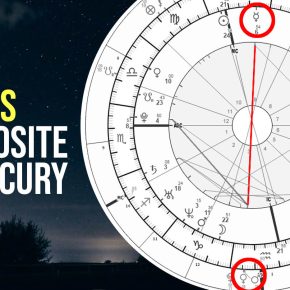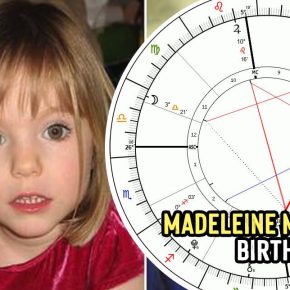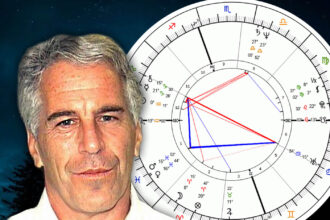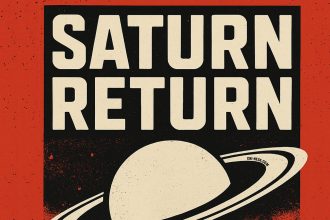Chiron, known as the wounded healer, is one of the most sensitive points in astrology. Wherever Chiron touches in your chart, it exposes an old wound… something tender, raw, and often hard to fully “fix.” Venus, on the other hand, represents how we love, what we value, and what brings us joy.
When Venus and Chiron form a quincunx, the themes of love and pain get tangled in a way that isn’t straightforward. Unlike a square, which creates obvious tension, or a trine, which shows ease and healing, the quincunx works in subtle, slippery ways. It’s not constant agony… it comes and goes, like a shadow that sometimes catches the light.
The Quincunx Between Venus and Chiron
With Venus quincunx Chiron, wounds around love, worth, and self-esteem tend to surface unpredictably. It’s like having a scar that usually goes unnoticed, but every so often, something brushes against it and reminds you it’s still there.
The energy of this aspect is not obvious. You don’t walk around every day feeling unloved or unworthy. But at certain moments, often in relationships, moments of intimacy, or times when you’re being vulnerable, the discomfort shows up, almost like a “sting” from nowhere. And then it slips back under the surface, and it leaves you wondering if it was even real.
For example:
- Chiron in Virgo quincunx Venus in Aries might leave you feeling like you always have to “earn” or “fight” for love, but no matter how much effort you put in, it’s never enough.
- Venus in Gemini quincunx Chiron can create the painful sense that your words of love aren’t truly heard or understood. Miscommunication may be a recurring wound.
- Venus in Scorpio quincunx Chiron often points to struggles with intimacy and trust. The desire for depth clashes with the fear of being hurt.
- Venus in Leo quincunx Chiron may bring feelings of being overlooked, objectified, or not appreciated for who you really are.
These aren’t constant feelings like squares, which bring ongoing tension or pain. With a quincunx, the wound isn’t always obvious, but when it surfaces, it cuts deep. What makes this aspect tricky is that it often takes time to even recognize. You might spend the first decades of your life sensing something is “off,” a vague discomfort you can’t quite put into words, only to understand it more clearly as you mature.
Chiron Retrograde and the Quincunx
If your Chiron is retrograde, this aspect can feel even more internalized. Instead of openly speaking about your pain, you may carry it inside like a private storm. Love can become something that consumes you in silence.
One of my clients with Venus in Aries quincunx retrograde Chiron in Virgo described this beautifully (and painfully): she would enter relationships with “anyone,” just to temporarily feel loved, even if deep down she knew the connection wasn’t right. For her, love wasn’t just joy… it was also a battleground where her deepest wounds played out.
Chiron-Venus Quincunx in Transits
When Chiron forms a quincunx to Venus by transit, the energy can be fleeting and difficult to pin down. You may not consciously notice it unless another planet activates the same spot. For example, Venus conjunct Saturn while Chiron forms the quincunx can bring feelings of rejection, inadequacy, or old love wounds resurfacing.
These transits don’t last long, but when they hit, they remind you of what still needs healing.
Chiron-Venus Quincunx in Synastry
In synastry, this aspect is very subtle. It doesn’t usually define a relationship on its own, but it can add an undercurrent of discomfort. You may feel like your partner unintentionally brushes against old wounds, even when they don’t mean to.
Sometimes, it shows up as a sense of “almost but not quite” in the way you love each other, like you’re close, but slightly out of sync.
In my experience, the quincunx in synastry is not as loud as conjunctions, squares, or oppositions. But yes, it can quietly shape the dynamic, especially if one partner feels misunderstood or unappreciated in love.
The Deeper Meaning
Chiron quincunx Venus is not about constant heartbreak. It’s about learning to notice the small, subtle moments when love feels “off” and asking yourself why. The discomfort it brings is often a call to tend to your self-worth, to notice where you’ve been settling for less, or to understand why you equate love with struggle.
Over time, this aspect teaches you that love doesn’t have to hurt. The wounds may never disappear entirely, but they can become reminders of your strength and capacity for compassion, both for yourself and for others.












